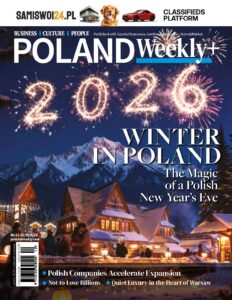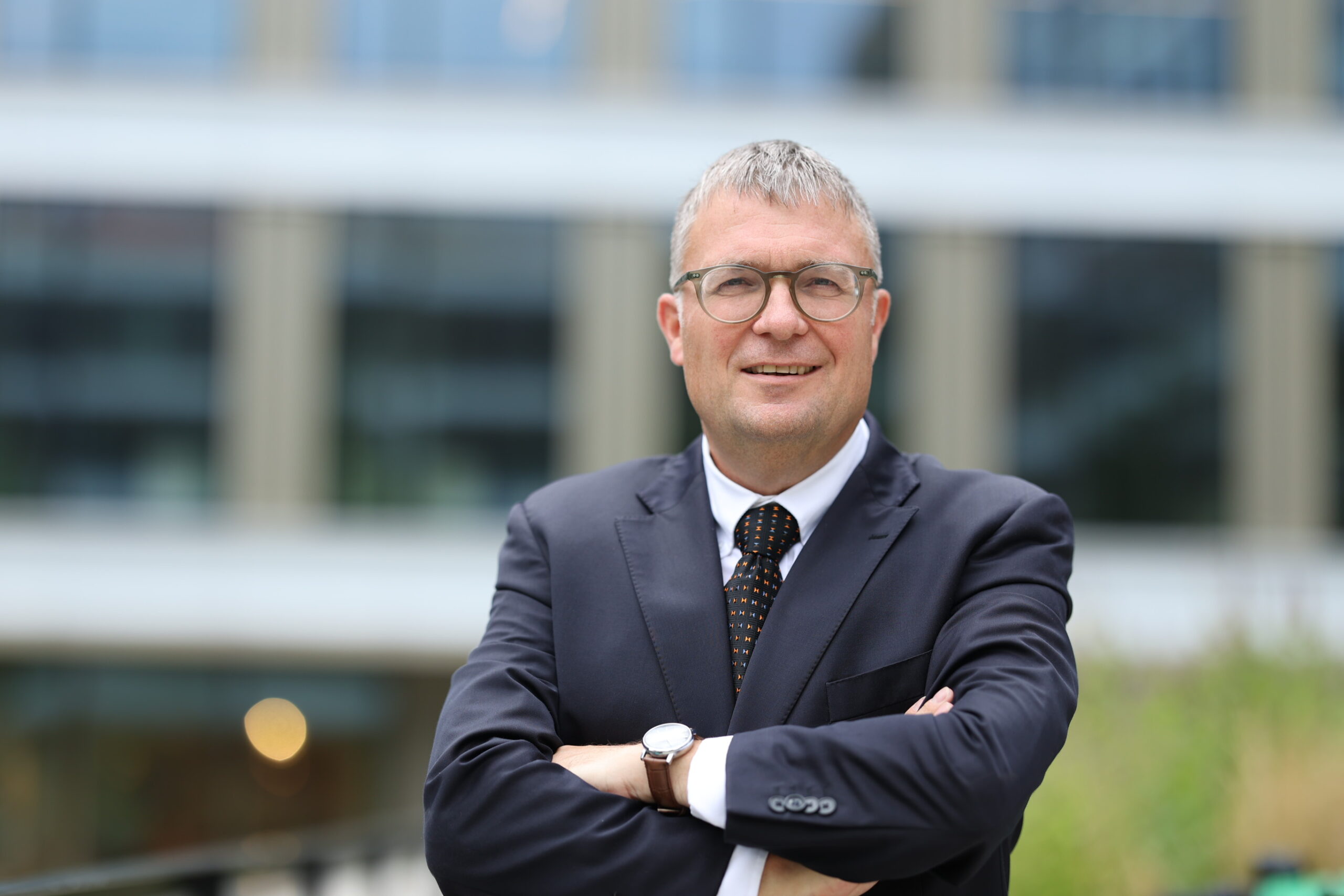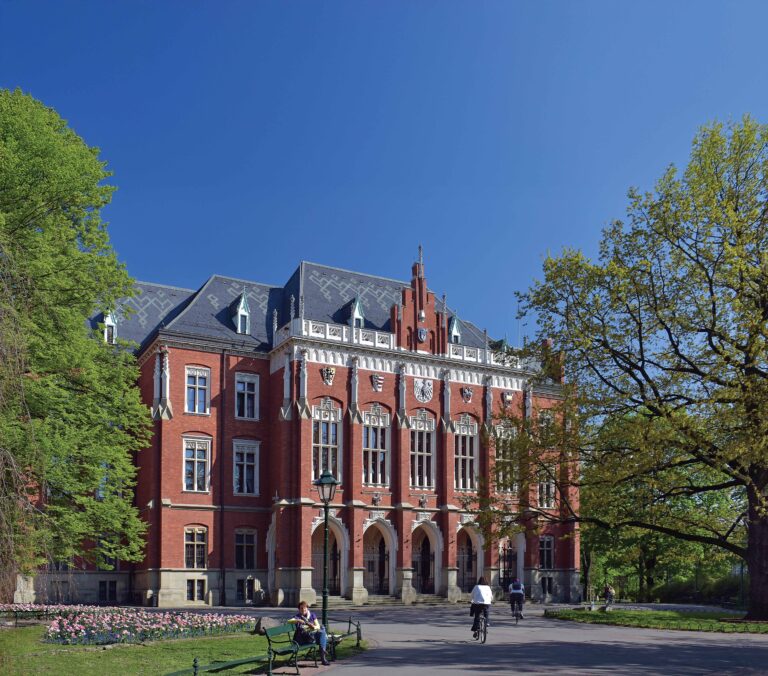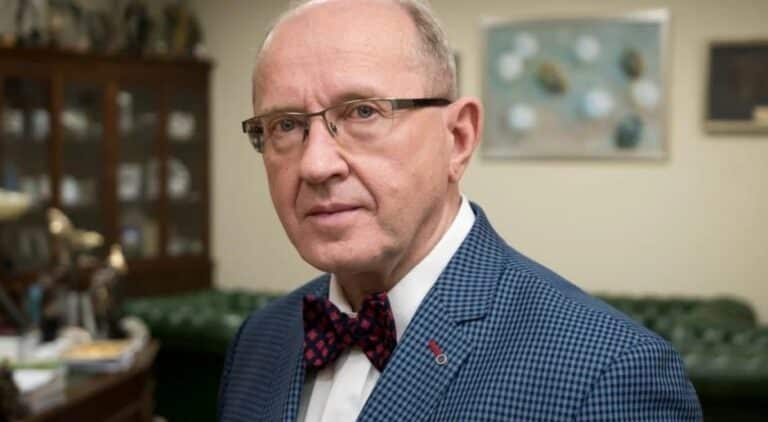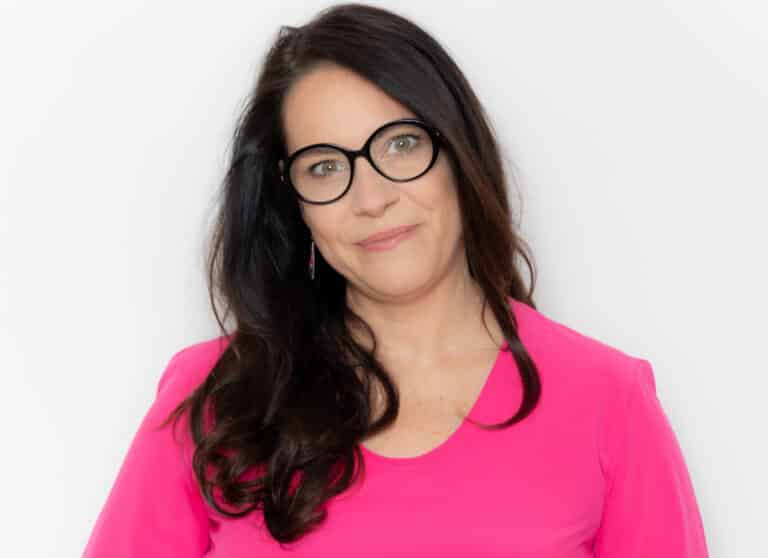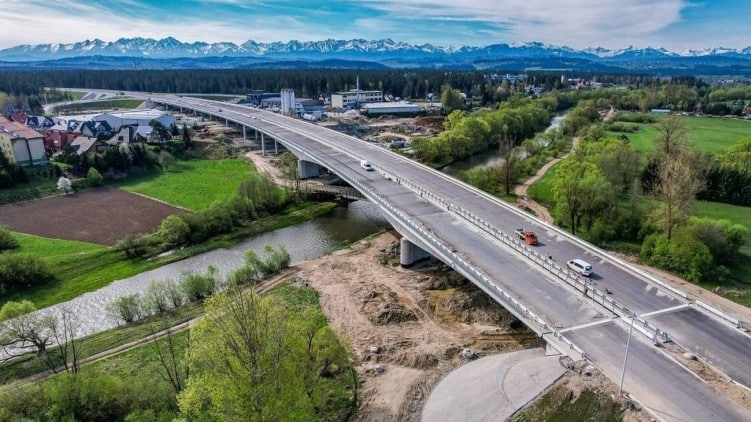Going Dutch in Poland
Sylwia Ziemacka talked to Wouter Barmentloo, Managing Director of The Netherlands – Polish Chamber of Commerce.
How are you performing in Poland?
Today, the Netherlands Polish Chamber of Commerce has about 200 members. Most of those members are located in Poland, but all of them have a roots or connection with the Netherlands.
We are very much looking forward to entering the country nationwide, where in the past we have mainly been focused on Warsaw. We are now expanding to other cities like Kraków, Poznań, Łódż and Wrocław and the Tri-city.
Usually opening new offices is connected to some certain plans in terms of the business opportunities. Which sectors are you targeting now?
Historically, the multinationals started with their headquarters in Warsaw but other cities also are very attractive for Dutch enterprises. For example, in Kraków, we find a lot of IT companies. An influx of some call centers and service centers are located in Wrocław.
Poznań was originally very much attracting logistic companies, and in the Tri-city we still see a strong connection with shipbuilding and shipyards. Enterprises from the Netherlands will look for opportunities there.
2023 continues to bring challenges in terms of geopolitics and economics. What is the general mood among Dutch investors active in Poland?
The attitude is that the enterprises are still willing to explore Poland. They are still visiting us regularly to talk with us about expanding to Poland. And yes, they have some doubts. Yes, they have some doubts about changing legislation. Yes, they have some doubts about the legal system in Poland. But still, beyond having Brexit behind us, the post-COVID situation and a terrible war in Ukraine, there is still the will to invest and to come to Poland.
Do you mean that there are still new companies interested in entering our market?
Yes, correct. We work together with several entities in the Netherlands also to attract new businesses to come to Poland. And, I think we can name two sectors which are high on the agenda. One is the new mobility. And I especially want to emphasize that it’s new mobility, not electromobility. We live in a transition period where fossil fuel will be replaced by other fuel. And in this transition period, we still have LNG or CNG, but we will also face the fact that electric vehicles will expand very rapidly. I think for the transport and logistics area, it is very important to look also at hydrogen fuel for trucks. I think that that’s one of the things Dutch enterprises can add not only when it comes to producing vehicles, but moreover to support and help to create the loading infrastructure needed to fuel these new mobility vehicles.
Are you engaged in some research and development on the Dutch side or do you also have some projects in Poland related to hydrogen?
Well, hydrogen is already being produced in Poland. But producing hydrogen is one thing, building the network of stations is another. Currently there are approximately 6,500 fuel stations in Poland and we have one or two hydrogen stations. So there is a long way to go.
The second area within new mobility is electricity. We have a growing number of electric vehicles, electric personal cars, and the infrastructure is gaining rapidly. But with trucks, we still have a long way to go.
You can imagine that loading a personal car takes some electricity. But loading a huge truck of 40 tonnes puts a very big strain on the electricity capacity in Poland. As we all know there are some limitations already now. So this will be a challenge, also for the Polish government, to put this higher up on its agenda to provide electricity for this purpose.
You mentioned new mobility as one sector, what is the other one?
The second one, and also one of my favorites next to the new mobility, is the circular economy. I think we live in a world where it is very easy to throw things away because it was easy to get them cheaply from China. We got it cheap, so we replace it easily. We have to be more aware and think about what we want to use and what we really need to use?
I see that Dutch companies are already ahead of Poland here. Poland has for the last decade been a little bit lagging in this area. And therefore I see that this circular economy is an industry where Poland can rapidly speed up by duplicating already existing technologies from abroad, from the Netherlands, for example. So I think this circular economy will have a huge interest from the Netherlands and I think it will get a boost in the next decade.
So I understand that Dutch companies and also the Dutch government are a kind of ambassador of this new business model. But obviously it’s not only for one sector. And actually it requires cooperation between sectors. So who are you actually targeting with this new approach? Are these some specific industries or local authorities? Who is your partner for the discussions in this?
We have three kinds of connections here. We are closely working together with entities in the Netherlands. One of them is NLBusiness, the second is RVO and we work closely with the Embassy of the Netherlands in Poland.
Any upcoming initiatives in those topics?
In May, we are organizing the Poland-Netherlands Business Mission in Warsaw. It will be a two-day event and the topic of the forum will be urban mobility, so very much new mobility, but also a little bit connected with the circular economy.
What about the energy sector? I believe Dutch companies are active in this field as well?
Yes, that’s correct. And that’s one of the things that is also in our scope. Especially offshore wind energy is a very hot topic in the Netherlands. Again this year we will be engaged in the offshore conference as the Polish government is very strongly promoting investment in wind energy in the Baltic Sea. Several projects have been already tendered out. We will see in the next few years more wind energy parks in the Baltic Sea, which will support the new energy supply in Poland.
Where do you exactly see the space for the Dutch companies to engage in the creation of offshore wind ecosystems?
There are a lot of areas, like exploring the seabed, making artificial islands and eventually building the windmills themselves. So we as Dutch are very much leading this industry, and I think we can certainly bring our expertise to Poland to have a nice wind product that will deliver clean energy to Poland.
What would be your key message for Dutch investors that you would like to attract to Poland?
Don’t let the negative information, which is obviously in the Dutch news about legislation, lately, discourage you. Poland is a huge internal market with over 38 million people. Don’t let that keep you away from investing in Poland, because this is still a market open for Dutch entrepreneurs.
I’m also wondering whether there is also a potential for Polish companies to go to the Netherlands?
There certainly is. The market is attractive for both employees and companies. A lot of Poles work in the construction area, warehouse and logistics. When it comes to companies looking to enter the Netherlands, then it’s definitely the higher value to companies in high tech. Among our members we have, for instance, one IOT company and they are very much keen on entering into the Dutch market, providing their robots on the Dutch market.
Although there is much less Polish investments in the Netherlands than the other way round, newcomers definitely have a lot of potential in the Netherlands.
